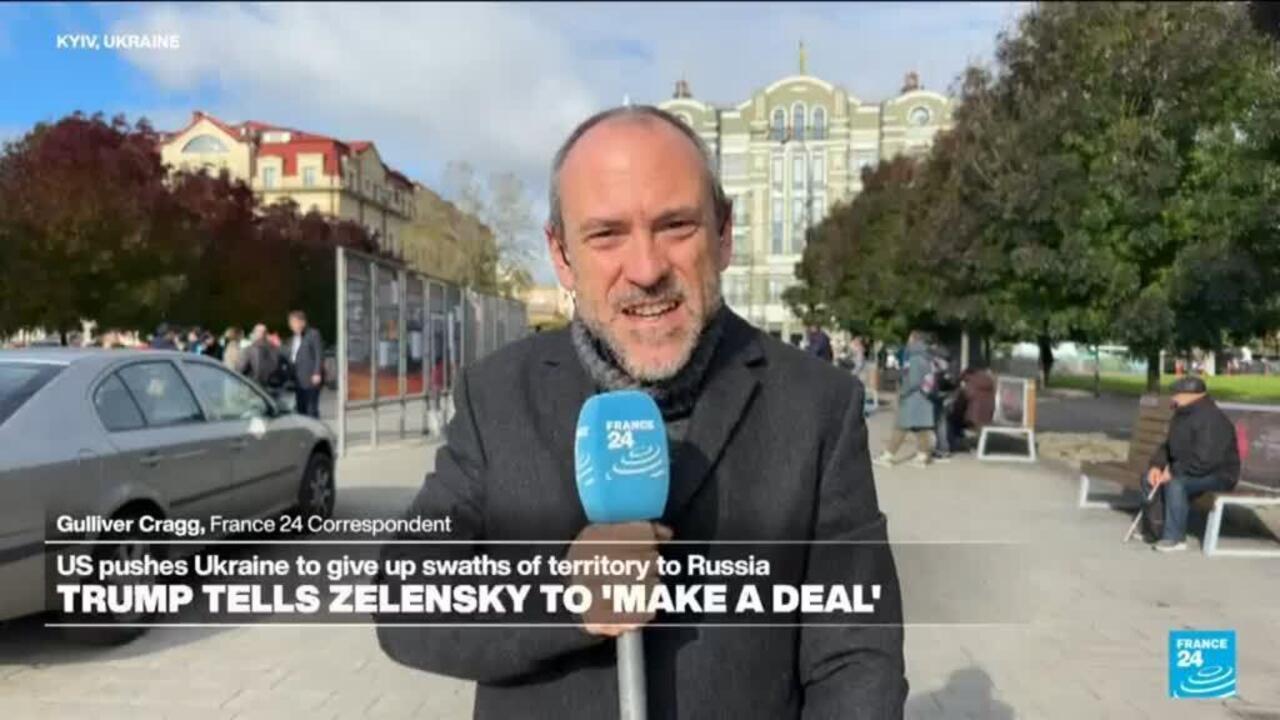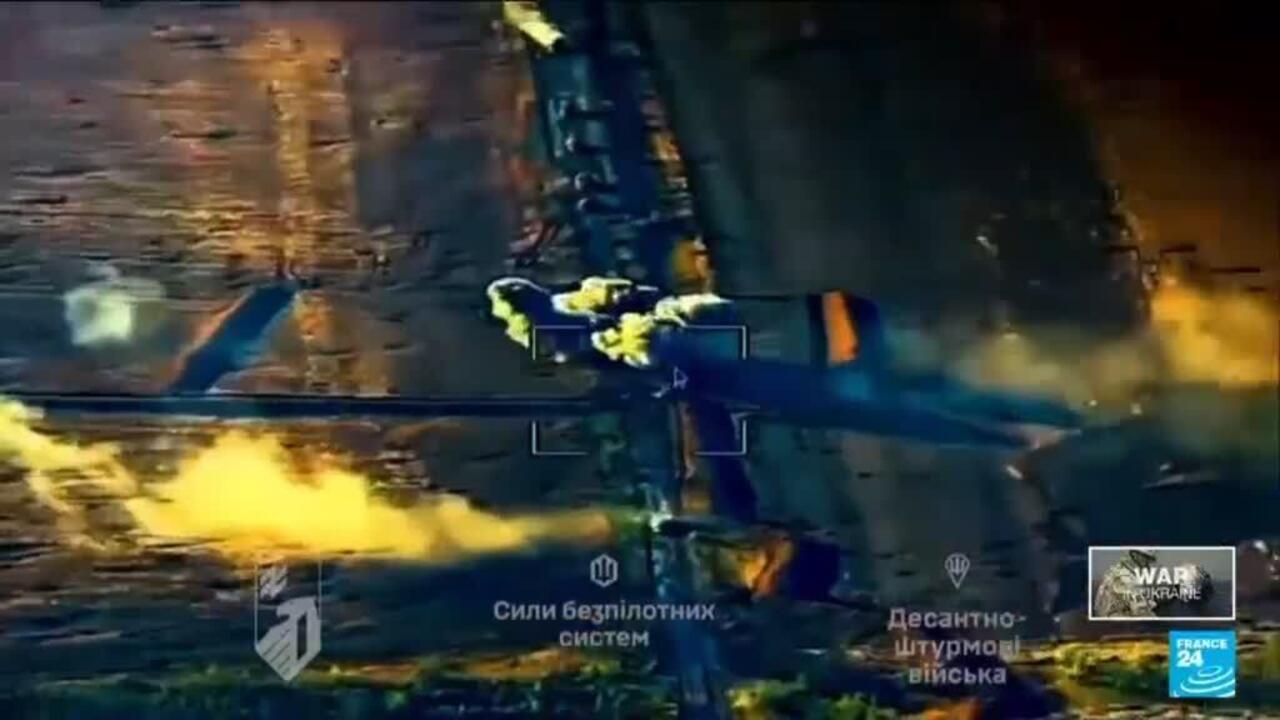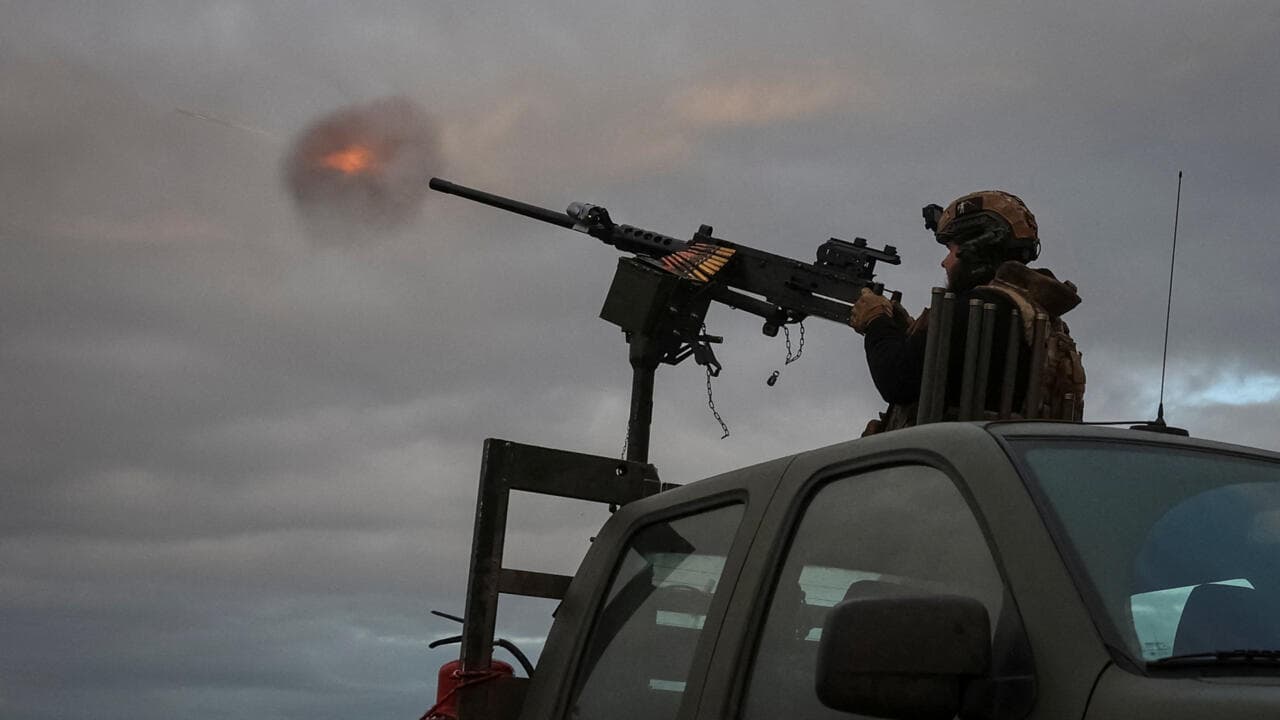European leaders on Tuesday said that current battle lines in Ukraine must be the starting point for any peace talks, as preparations for a summit between US President Donald Trump and his Russian counterpart Vladimir Putin appeared to have hit a snag.
Trump, who last week spoke by phone to Putin and met Ukrainian President Volodymyr Zelensky, has said he aims to hold a summit with the Russian leader in the Hungarian capital Budapest within two weeks in a push to end the war in Ukraine.
But summit preparations appear to be held up after a preliminary meeting between US Secretary of State Marco Rubio and Russian Foreign Minister Sergei Lavrov – expected to take place in Budapest on Thursday – was postponed.
Lavrov and Rubio spoke by phone on Monday. Lavrov's deputy, Sergei Ryabkov, said on Tuesday it was premature to speak about the timing of any face-to-face meeting between them.
'Serious days ahead'
Hungary's foreign minister, Peter Szijjarto, was in Washington on Tuesday, where he posted on Facebook:"We have some serious days ahead."
Ukraine's European allies have been concerned that Trump could meet Putin for a second time without getting any serious concessions from the Russian leader. Putin rebuffed Trump's call for a ceasefire when Trump hosted Putin in Alaska in August.
In a statement on Tuesday, the leaders of European powers including Britain, France, Germany and the EU, said they"strongly support President Trump's position that the fighting should stop immediately, and that the current line of contact should be the starting point of negotiations".

Ukraine and its European allies have long insisted on an immediate ceasefire in Ukraine at present battle lines before peace talks, a position Trump publicly endorsed last Friday after a meeting with Zelensky at the White House.
Moscow has said it wants Ukraine to cede more territory as one of several conditions it has raised for a ceasefire.
The Kremlin's conditions
Russian Foreign Minister Sergei Lavrov said on Tuesday that Russia's conditions for peace in Ukraine remained unchanged since the Trump-Putin summit in August.
The Kremlin's conditions for long-lasting peace included that Ukraine would remain non-nuclear and non-aligned – not joining the US-led NATO alliance – as well as protections for Russian-speakers in Ukraine.
One of Putin's most important conditions for ending the war is a demand that Western leaders pledge in writing to stop enlarging NATO eastwards. NATO says it is up to individual countries whether they want to join the alliance.
Putin, who ordered Russian troops into Ukraine in February 2022 after eight years of fighting in the country's east between Russian-backed separatists and Ukrainian government forces, has repeatedly said he is ready to talk about peace.
What is Russia's current strategy in Ukraine?

Reuters and other news organisations reported that Trump's meeting with Zelensky behind closed doors last week was contentious, with the US president repeatedly using profanity and pushing Zelensky to accept some Russian demands.
But Zelensky has painted the meeting as a success because it ended with Trump publicly backing a ceasefire at the present lines, Kyiv's longstanding position.
European leaders are due to meet this week with Zelensky as their guest, first at an EU summit and then at a meeting of the"coalition of the willing" countries discussing a security force to guarantee a post-war settlement in Ukraine. Russia rejects such an international security force.
Putin needs to fly over EU
The choice of Budapest as a venue for a Putin-Trump meeting is contentious within the EU, where Hungary's Prime Minister Viktor Orban is an outlier as one of the few leaders to maintain warm relations with Russia following its 2022 invasion of Ukraine.
Any trip to Budapest would require Putin to fly through the air space of other EU countries. Poland said on Tuesday it could force Putin's plane down and arrest him on an international warrant if he flies over its territory, but Bulgaria said Putin could use its airspace to reach the meeting.

